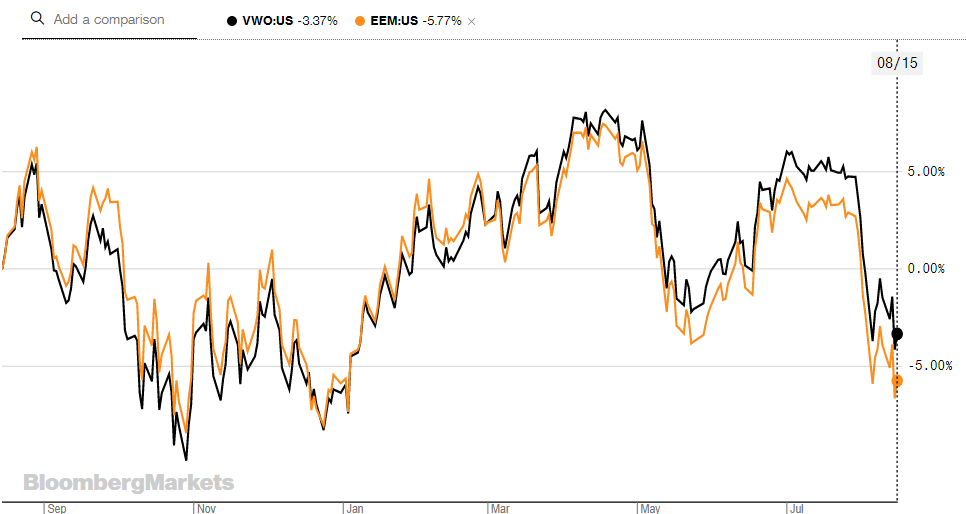Out of the 467 active equity funds available in the UK at the end of 2008, 232 have closed in the subsequent decade.
According to recent analysis from ETF giant Vanguard, majority of the 232 funds that closed were preceded by a period of underperformance.
The recent Woodford saga is a prime example of an active fund which has undergone a long duration of underperformance and has resulted in a large volume of investors redeeming their investments, or at least trying to.
A fund closure includes the liquidating of assets which are then returned to the investors or the fund being merged with another fund.
Vanguard said similar figures were seen for all other equity and fixed income sectors it reviewed. In response, the ETF issuer, which is renowned for its low and competitive fees for its passive funds, encourages investors to pick funds which cost less as they tend to perform better.
A previous study by Morningstar found for every single time period and data point tested, the cheapest quintile of funds, both active and passive, produced higher total returns than the most expensive quintile.
As an example, we have compared the Vanguard FTSE Emerging Markets ETF (VWO) and the iShares MSCI Emerging Markets ETF (EEM) which have expense ratios of 0.12% and 0.67%, respectively.
VWO has produced a Year-To-Date return of 3.3% and a five-year return of -0.1%. In comparison, EEM’s expense ratio is greater by 55bps and has a YTD return of -0.1%, 340bps less than VWO, and a five-year return of -0.7%, 60bps less than VWO.
With this example supporting Vanguard’s and Morningstar’s theory that lower fees, for the most part, outperform more expensive funds, Vanguard’s VWO has nearly $35bn more assets under management than iShares’ EEM.

VWO (Black) and EEM (Yellow) one-year performance – Source: Bloomberg





